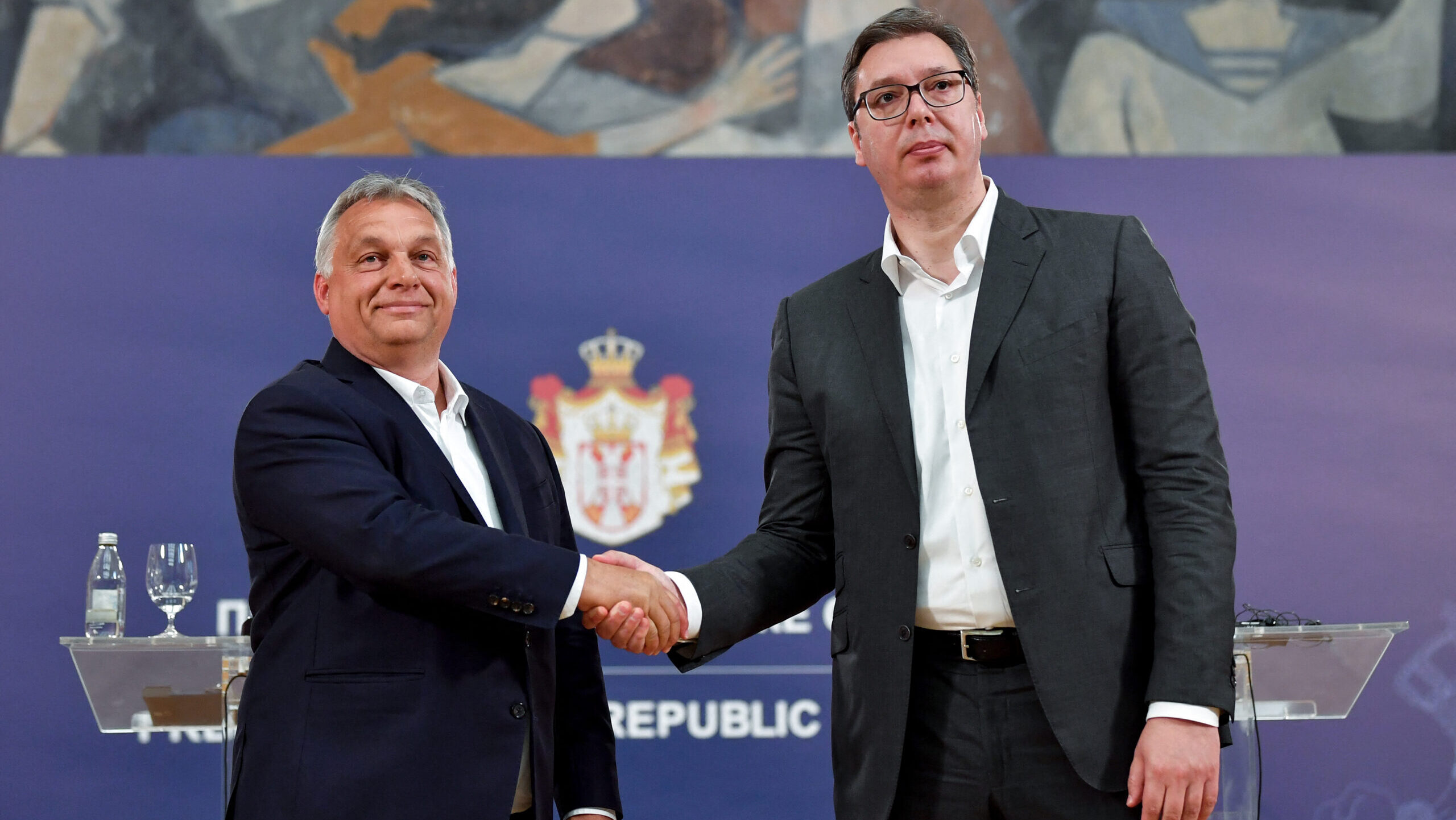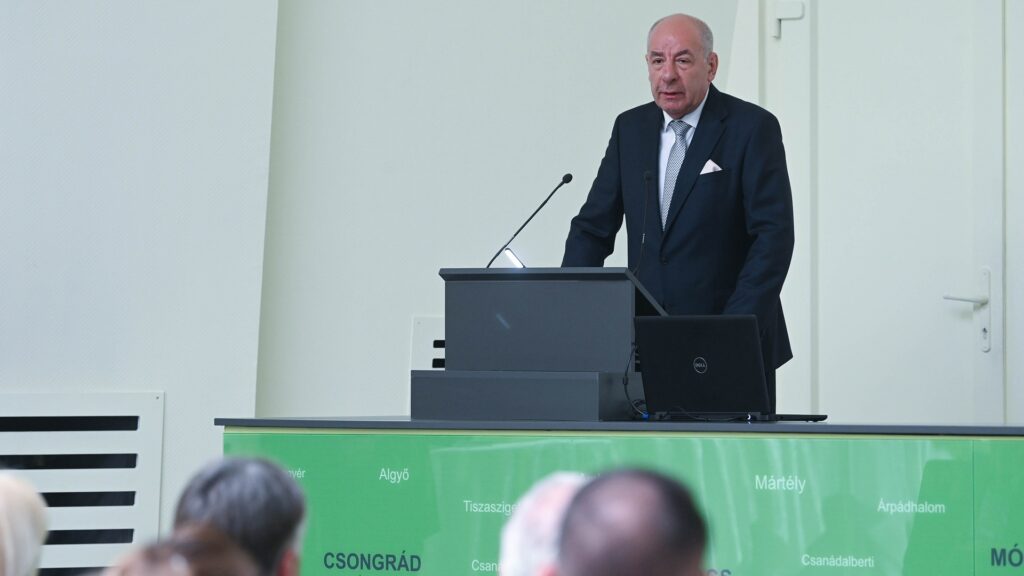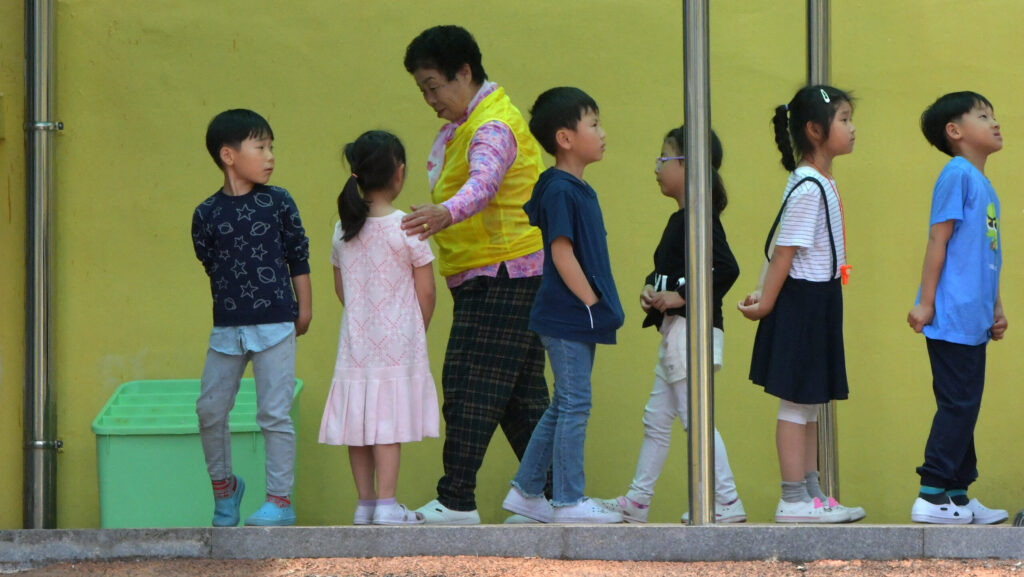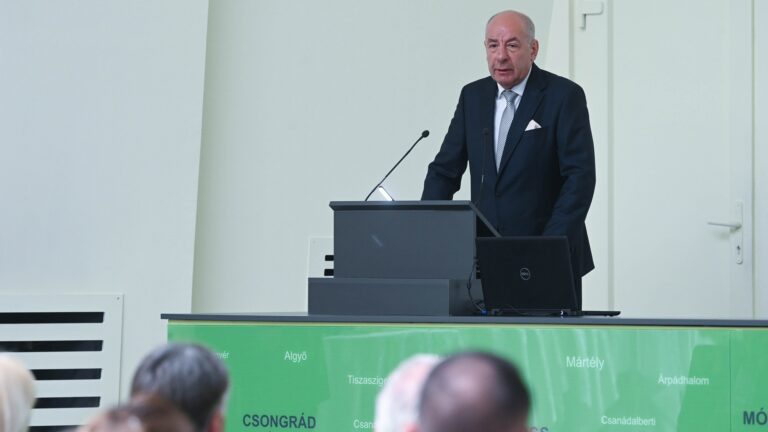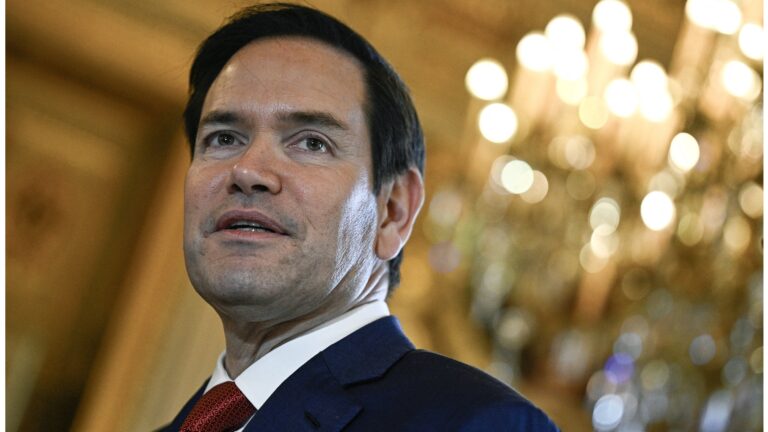Serbian President Aleksandar Vučić has been awarded the Grand Cross of the Order of Merit of Hungary, as announced in the Hungarian Official Gazette. The award recognizes President Vučić’s significant contributions to strengthening relations between Hungary and Serbia.
Vučić has made outstanding efforts to advance strategic economic, energy, and security cooperation between the two countries and has played an invaluable role in fostering historical reconciliation between the Hungarian and Serbian peoples.
The recognition also acknowledges Vučić’s efforts to enhance cooperation between the two countries, thereby contributing to the stability and development of the region. The Grand Cross of the Order of Merit of Hungary is one of the nation’s highest state honours, bestowed exclusively upon individuals of exceptional merit.
During Vučić’s presidency, relations between Hungary and Serbia have significantly improved, with Hungarian Prime Minister Viktor Orbán maintaining a close relationship with the Serbian president. This positive development has also had a favourable impact on the Hungarian community in Vojvodina, whose situation is arguably better now than it was in recent years.
Thanks to the strong relationship between the two countries, large-scale infrastructure projects have been initiated, one of the most prominent being the
renovation of the Budapest–Belgrade railway line,
a decision made by the Hungarian government in 2014. This project is being carried out with significant Chinese support as part of the Belt and Road Initiative. In a recent interview with China Global Television Network (CGTN), Vučić stated that Serbia will complete the construction of the more than 180-kilometre Belgrade–Szabadka railway line by the end of 2024. He also expressed confidence that ‘our Hungarian friends will finish the Hungarian side by the end of 2025 or February–March 2026, allowing the connection of Belgrade with Budapest and Vienna.’ This suggests that the project could be completed by February–March 2026 at the latest, ahead of the previously anticipated deadline.
The project, valued at approximately €1.7 billion, had its foundation stone laid in October 2021 and is set to establish a high-quality direct link from the port of Piraeus to Asian trade routes. With this investment, Hungary will offer the fastest transport route between the Far East and Western Europe via Greek ports. The transport of goods from China, which until now has involved various modes of transportation, will be fundamentally streamlined, as goods shipped to the seaport will henceforth be transported to Europe by rail.
In addition to infrastructure cooperation, Serbia and Hungary are also working closely together to address the migratory pressure on Europe. Since 2021, Hungarian and Serbian authorities have been conducting joint patrols along the Serbian–North Macedonian and Hungarian–Serbian borders. Hungarian Interior Minister Sándor Pintér emphasized that ‘the common goal is to involve other EU countries in these operations, not only Serbia and Hungary.’ Serbian Interior Minister Aleksandar Vulin stated that the launch of the joint patrol service is evidence that relations between the two countries are currently at their highest possible level.
Additionally, there is close cooperation between the two neighbouring countries in the field of energy, which has been further strengthened by the outbreak of the war in Ukraine. In June 2022, Hungarian Minister of Foreign Affairs and Trade Péter Szijjártó stated: ‘Hungary and Serbia have signed a more significant and comprehensive energy agreement than ever before, ensuring the security of energy supply for both countries.’ As part of this agreement, Serbia purchased and stored 500 million cubic metres of natural gas through Hungary for the 2022–2023 winter heating season. Furthermore, the two countries have interconnected their electricity markets, enhancing their energy cooperation.
Viktor Orbán was awarded the Order of Merit of the Republic of Serbia two years ago, in September 2022.
Read more on Hungarian–Serbian relations:

